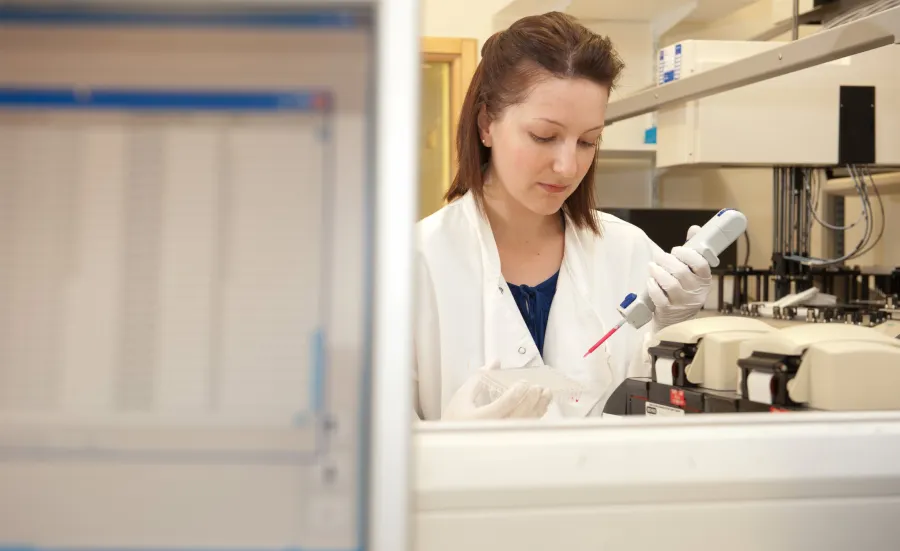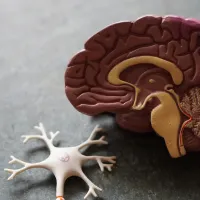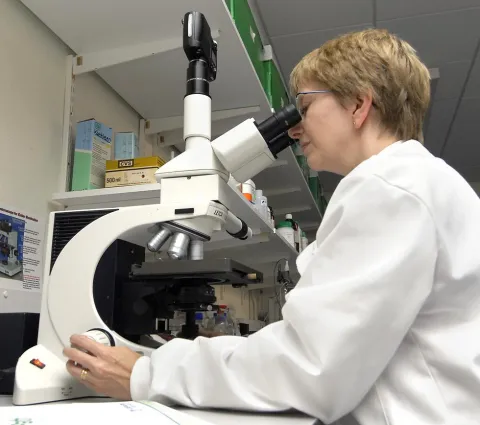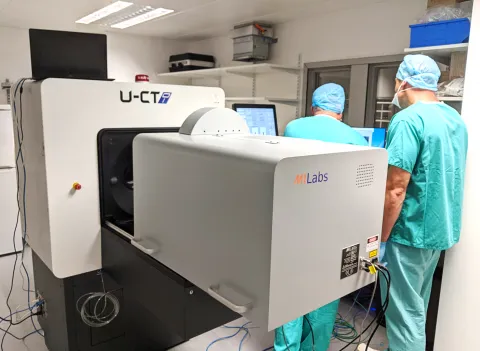Our interdisciplinary links across the University, the NHS and industry have allowed us to push the boundaries of medical research, bringing new drugs to market and improved treatments for patients.
Our commitment to the pursuit of excellence in biomedical sciences and clinical research means we are ranked 81st in the top 100 institutions in the 2025 QS World University Rankings for Medicine. This highlights our:
- global competitiveness and academic excellence
- high-impact biomedical research
- strong clinical partnerships and translational focus
You'll be supported by a small team of supervisors who'll be experts in your chosen field. Your supervisors will help you choose your research project and make sure it provides scope for originality of thought and the development of research skills.
You'll receive comprehensive training relevant to your project. You'll also be able to access training in transferable skills such as communication, presentation, teaching and supervision, academic writing and entrepreneurship.
In addition to your supervisory team, you'll have access to further support through:
- student and staff representatives
- a team of pastoral advisers
- the Life Sciences Postgraduate Society, which is a student-run society
- the Medicine Postdoctoral Association which runs expert seminars providing insight into the practical experience
- the Doctoral College which provides the administrative framework for your research programme from initial application to the final award of your degree
PhD programmes
We offer 3 doctoral routes. Choosing the one that is right for you depends on your previous study and the area you want to specialise in. The fixed entry start dates for our programmes are:
- 26 January 2026
- 20 April 2026
- 29 June 2026
- 21 September 2026
UK students: we recommend you submit your application 3 months before your intended start date.
Students who need an ATAS/visas for PGR study: we recommend you submit your application 6 months before your intended start date.
PhD
Our standard PhDs are aimed at students who want to develop careers in scientific or clinical research.
Most students are based at University Hospital Southampton to carry out laboratory-based research in our world class research facilities. Some students work on community-based projects in a variety of settings, including general practice, hospitals, community and outpatient clinics, and patients’ homes.
Integrated PhD (iPhD) Biomedical Science
Our integrated programme is aimed at students who want to become independent researchers in biomedical sciences. You'll develop the advanced research, quantitative and bioinformatics skills, you'll need.
The iPhD includes a taught first year and only start in September. You'll take modules in research skills and bioinformatics as well as some themed optional modules. You'll also carry out 3 research projects to develop your laboratory skills and experience working in different research environments.
Find out more about the iPhD in Biomedical Science.
Doctor of Medicine (DM)
Our part-time Doctor of Medicine degree route is aimed at students with a clinical background, who are employed in a hospital or institution in Wessex. You will need to be a registered doctor with the UK General Medical Council (GMC).
As part of your degree, you'll study a project that is relevant to your clinical discipline whilst working with a wide variety of both clinical and non-clinical researchers. You'll generally be based at University Hospital Southampton.
You also have the option of transferring to a PhD programme at a later stage.
Main areas of research
We have a broad range of specialist areas including biomedicine, research in clinical environments and population-based statistical studies. View our research areas.
Similar research degree topics








